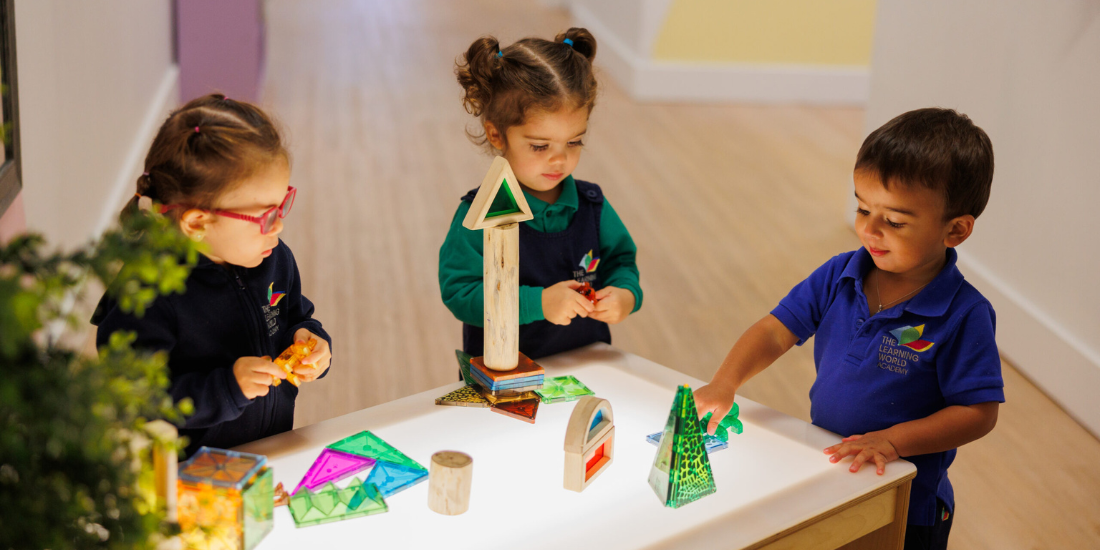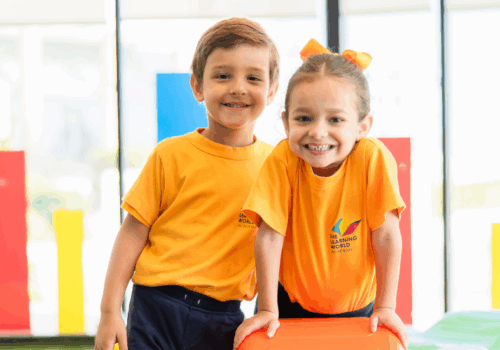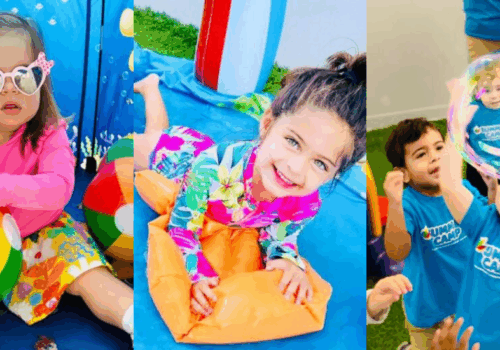Preschool is a transformative time in a child's life, laying the foundation for a lifelong…

The Positive Impacts of Preschool Education on Brain Health and Growth
Preschool education is more than just a place for little ones to have fun and socialize; it serves as a crucial foundation for future learning and brain development. During these formative years, children undergo significant cognitive, emotional, and physical growth. Let’s explore how young learners can access opportunities that promote brain health and set the stage for long-term educational success by engaging in a structured environment.
Strengthening Cognitive Skills Through Engaging Activities
A well-structured preschool program nurtures cognitive development by incorporating activities designed to stimulate curiosity and critical thinking. According to First Steps, 90% of brain growth happens before a child enters kindergarten, making early educational experiences essential for intellectual development. Lessons focused on problem-solving, language acquisition, and basic mathematical concepts help strengthen neural connections. These early learning experiences create a strong foundation for future academic success by fostering memory retention and analytical thinking.
Encouraging Social and Emotional Development
Beyond academics, preschool plays a key role in shaping a child’s emotional and social well-being. By engaging in group activities, collaborative play, and guided interactions, young learners develop essential social skills such as empathy, cooperation, and conflict resolution. Learning how to express emotions appropriately and understand the feelings of others helps build emotional intelligence. These skills contribute to stronger relationships and improved emotional regulation, benefiting children well beyond their early years.
Supporting Physical and Motor Skill Development
Early education also encourages the development of fine and gross motor skills through structured and unstructured activities. From cutting shapes with safety scissors to running and climbing on playground equipment, preschoolers refine coordination and muscle control. These physical experiences are crucial to brain development, as movement-based learning has been shown to enhance cognitive function. Strengthening motor skills in early childhood supports overall brain health and prepares young learners for more complex physical and academic challenges in later years.
The influence of early education on brain health and growth cannot be overstated. As young students spend their early years in a nurturing and stimulating environment, they build a solid foundation for all future learning. By addressing cognitive, social-emotional, and physical aspects of development, early childhood education sets little ones on a path toward a healthy, well-rounded upbringing, underscoring its vital role in every child’s developmental journey. Reach out to The Learning World Venetian to learn more about our preschool programs today!







